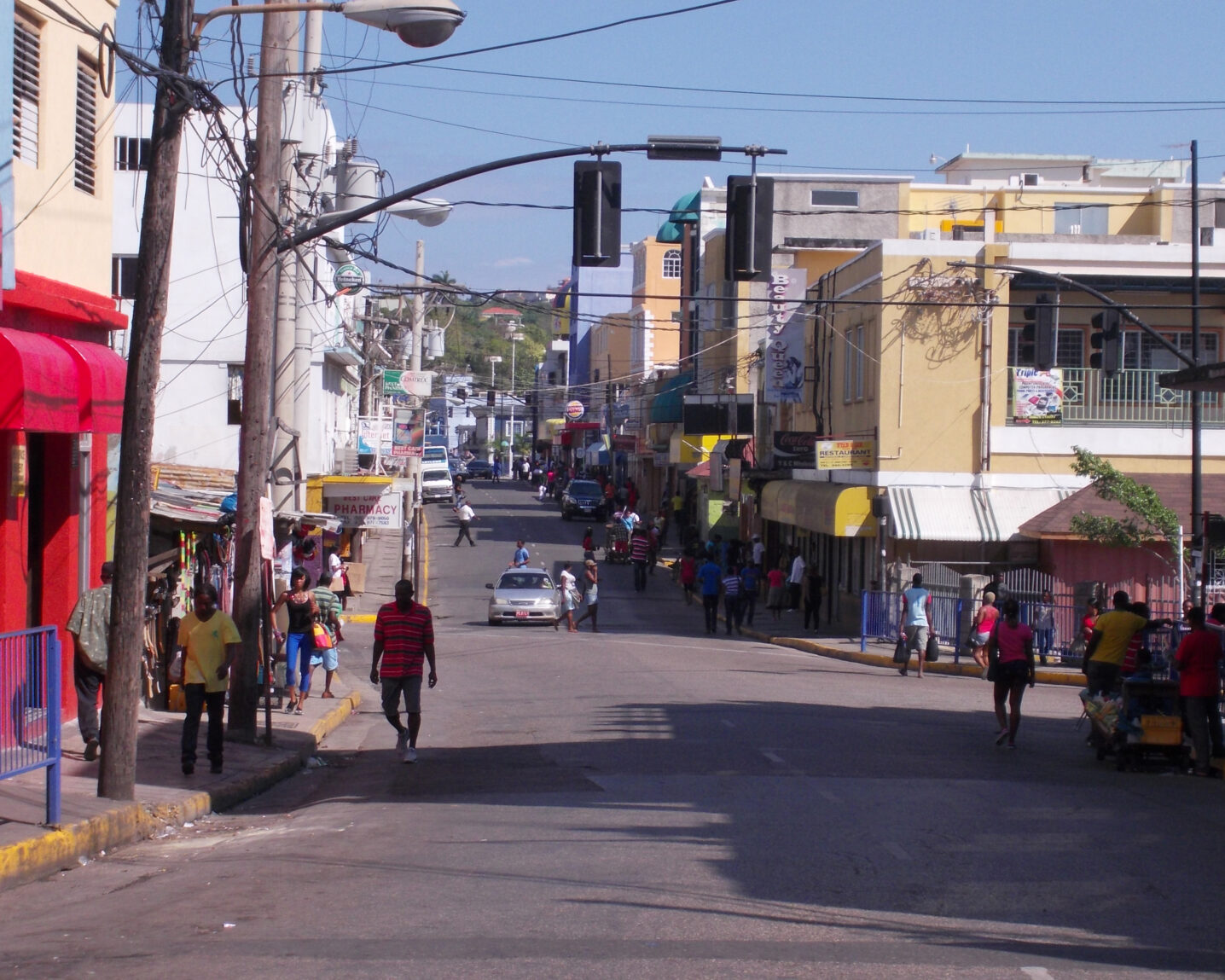Creating a climate impact assessment method for Jamaica’s public investments appraisal process
In 2023, Jamaica integrated a new climate impact assessment methodology into its public investment appraisal process, supported by the IMF’s Resilience and Sustainability Facility. This initiative, part of Reform Measure 3, involved the Rebel team working with the Public Investment Appraisal Branch to align their climate risk evaluation methods with international standards. The newly approved methodology empowers Jamaica to assess project vulnerabilities and identify adaptation strategies, foster more resilient and sustainable development decisions.

The challenge
The IMF launched the Resilience and Sustainability Facility (RSF) to provide sustained and affordable financing for addressing challenges such as climate change adaptation. In 2023, Jamaica secured an RSF arrangement, which mandated the government to implement a series of reforms, including the development of a methodology for conducting climate impact assessments during the project appraisal stage of the public investment lifecycle.
The approach
The Rebel team started by assessing the Jamaican Ministry’s Public Investment Appraisal Branch’s (PIAB) current climate risk evaluation process and benchmarked it against international standards and regional peers. Drawing from this research, we worked with PIAB to develop a methodology for conducting climate impact assessments during project appraisal. This methodology includes defining the assessment scope, utilizing climate data, assessing project vulnerability, and exploring adaptation and mitigation options.
Jamaica’s Parliament approved the climate impact assessment methodology for their public investment management system in 2023. This positions Jamaica to make informed decisions, enhancing the resilience of its public investments and costing sustainable development.
Impact
Jamaica’s Parliament approved the climate impact assessment methodology for their public investment management system in 2023.



